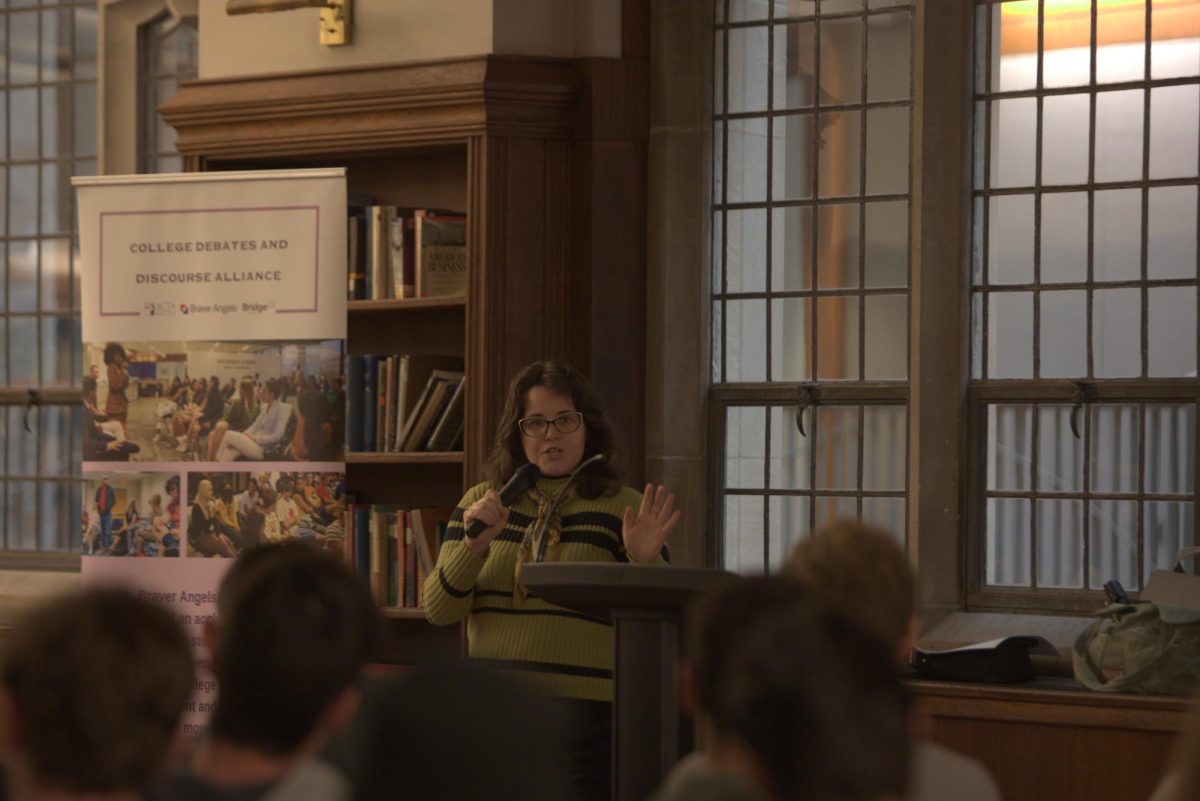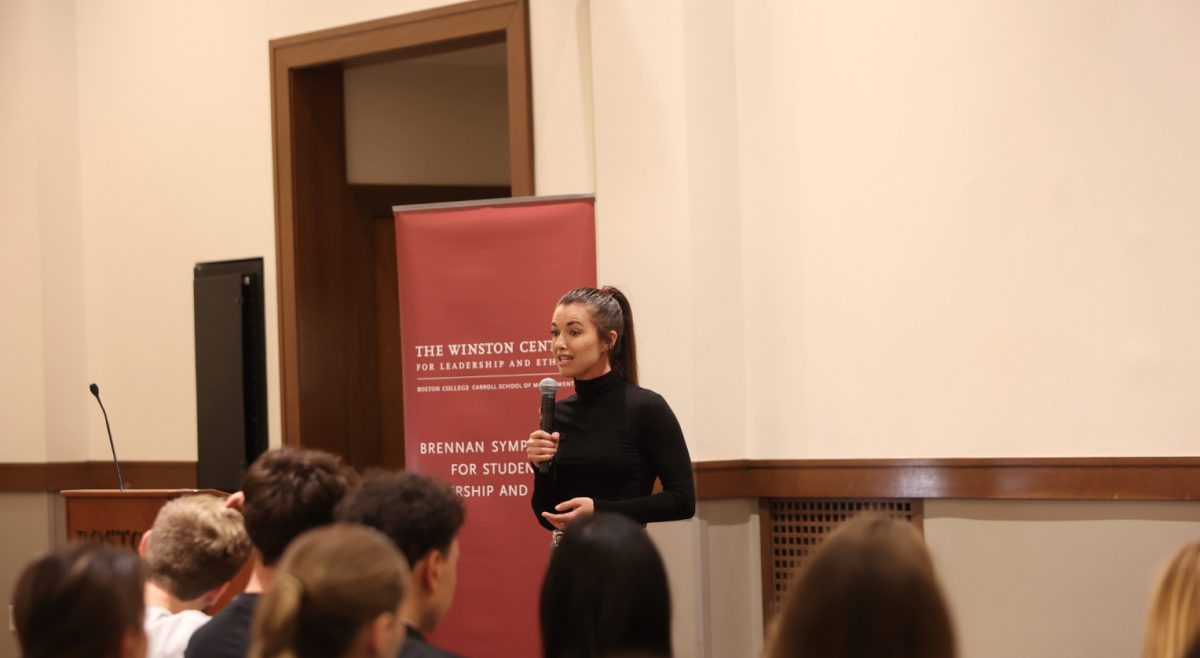Boston College’s Global Observatory on Public Health has been quite busy since its launch last year. Led by Philip J. Landrigan, director of the Global Public Health Program and the Global Observatory on Public Health, the Observatory is almost done with its first project, with several more on the way.
Landrigan launched the Observatory in 2018 after he was hired to direct BC’s new Global Public Health program. The idea for the Observatory was born out of a large research project that Landrigan founded, which attributed nine million premature deaths to pollution. Landrigan and a team of scientists published their report in The Lancet journal and it has been estimated that the report has reached two billion people, according to Landrigan. The report recommended that a platform be created to monitor pollution and its related diseases, which led to the creation of the Observatory.
The Observatory is the “research arm” of the Global Public Health Program, which will be housed in the upcoming Schiller Institute for Integrated Science and Society. Landrigan describes the observatory as BC’s newest “think tank,” one aimed at addressing pollution from different angles.
The Observatory is set to finish its first project on the burden of disease caused by air pollution in India by the end of the calendar year. The project was funded by the United Nations Environment Programme, which signed a memorandum of understanding with BC last year.
Air pollution kills 1.24 million Indians per year, which Landrigan estimates has an economic cost of $30 billion from “productivity losses”—blows to the economy from illnesses and deaths—and health care costs.
“We’re also looking into whether exposure of a child in early life—or even an infant in the womb—to air pollution, does that reduce the child’s IQ?” Landrigan said. “That’s still early days, we may or may not be able to reach a conclusion on that.”
The project aims to draw resources to environmental issues by drawing media attention and equipping politicians and policymakers with a steady flow of background information.
The Observatory is also currently working with the Monaco Scientific Center to study the health effects of polluted oceans. Prince Albert II of Monaco selected BC to conduct the special report, which is slated for a May 2020 release.
The Prince’s concern with ocean pollution traces back to his father’s reign: France was threatening to dump radioactive waste into the ocean off the coast of Monaco, Landrigan said. Rainer, along with French explorer Jacques Cousteau, then collaborated to create the Scientific Center of Monaco. After an international conference in Monaco in 1959, it was decided that not enough was known about the effects of radioactive waste to permit dumping, according to Hallowed Lords of the Sea: Scientific Authority and Radioactive Waste in the United States, Britain, and France.
“[Prince Albert] is very deeply committed to the preservation and the health of the oceans,” Landrigan said. “He recognized the importance of looking at the impacts between ocean pollution and human health, so he was eager to support this project.”
The report will examine how pollution affects the world’s oceans, with a focus on how vulnerable groups are affected. The group of international researchers also plans to take a look at how climate change is playing a role.
The Observatory has already set its sights on a new project in Africa that will examine the ties between industrialization and pollution in Ghana, Ethiopia, and Rwanda.
“We picked those three because they are at different stages of their development, so it’ll be a chance to look at the intersection between [country] development and pollution,” Landrigan said. “Of the three, Ghana is the most developed, Ethiopia is somewhat developed, and Rwanda is just at the beginning of industrial development.”
Featured Image by Jonathan Ye / Heights Editor












